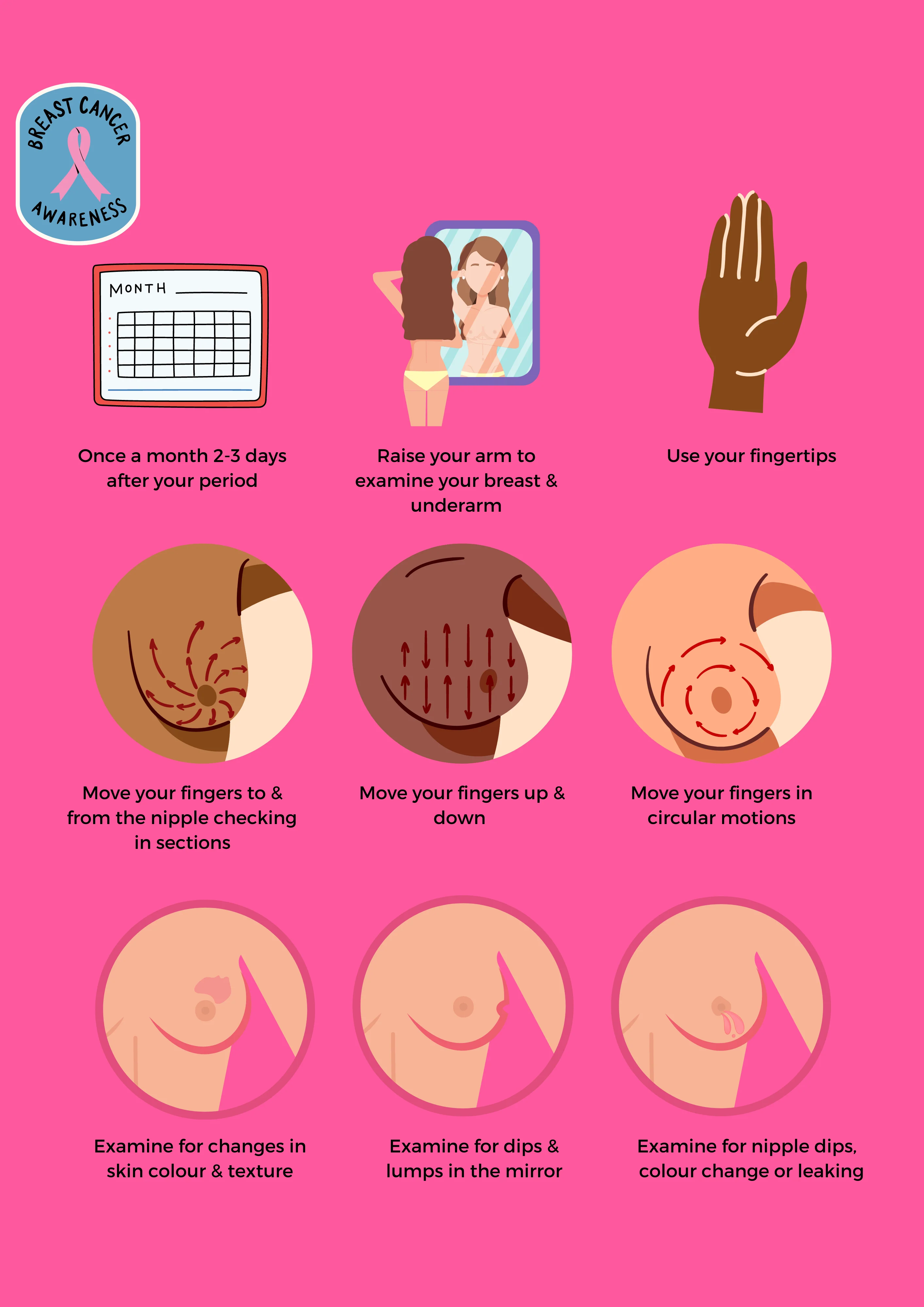Moving to a new country is exciting but can also feel overwhelming—especially when it comes to healthcare. For international female students in the Netherlands, it’s important to know your rights, understand how the Dutch healthcare system works, and where to find reliable support when you need it.
This guide covers contraception, female health rights, screenings, and important emergency contacts to help you stay safe and protected while studying in the Netherlands.
Contraception in the Netherlands
Contraception (anticonceptie) is widely available and socially accepted in the Netherlands. Here’s how you can access it:
-
General Practitioner (Huisarts): You usually need a prescription from a GP to get birth control pills, hormonal IUDs, the implant, or injections. Condoms can be bought at supermarkets, drugstores, and pharmacies without a prescription.
-
Pharmacies (Apotheek): Once prescribed, you can pick up your contraceptives at any pharmacy.
Costs:
-
Without Dutch health insurance: The average cost for birth control pills is €10–15 per month, an IUD can cost between €70–150 plus placement costs.
-
With Dutch health insurance (basisverzekering): Contraceptives are covered until age 21. After 21, many insurance packages cover them only if you add a supplementary plan.
-
For international students with student health insurance (like AON Student Insurance or Allianz): Coverage depends on your policy. Some plans include contraception and others don’t, so check your policy carefully.
Female Health Rights in the Netherlands
The Netherlands has progressive policies when it comes to female health.
-
Morning-after pill (next-day pill): Available at all pharmacies and most drugstores (like Etos or Kruidvat) without prescription. Costs around €15–20.
-
Abortion rights: Abortion is legal in the Netherlands up to 24 weeks of pregnancy. It is covered by Dutch health insurance. International students without Dutch insurance may have to pay, but many student insurances include coverage—check your plan. You can go to specialized abortion clinics (Abortuskliniek) or hospitals.






